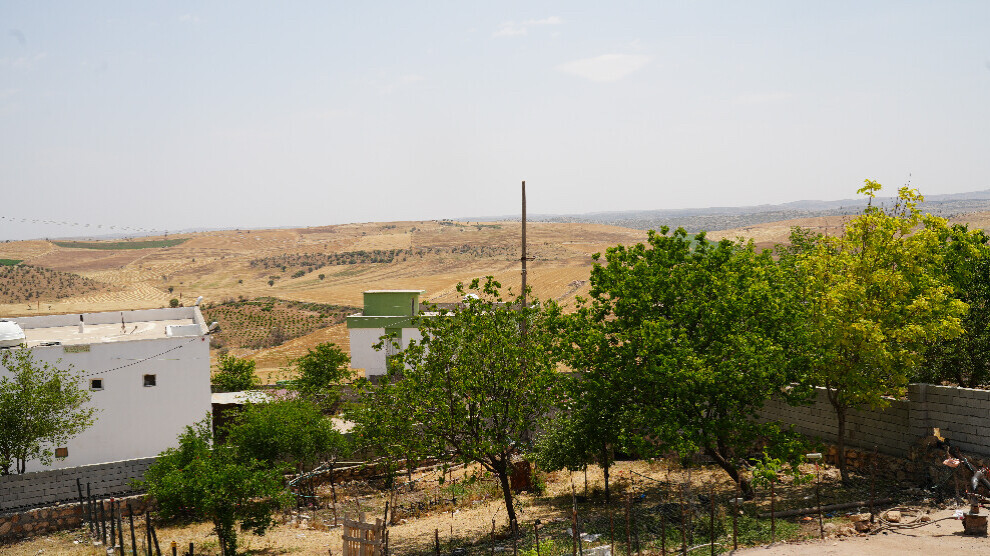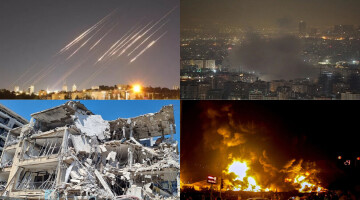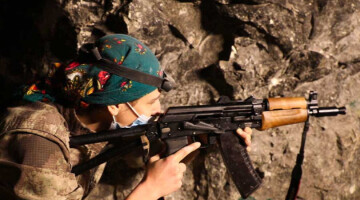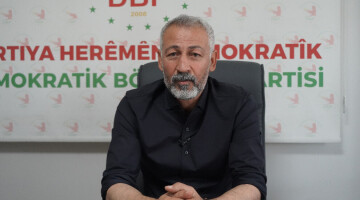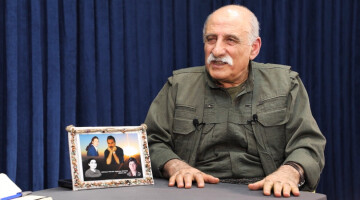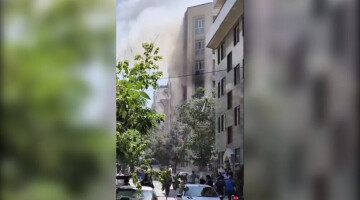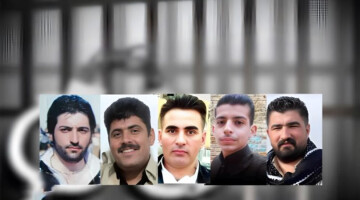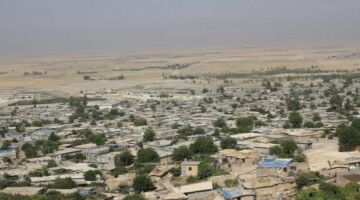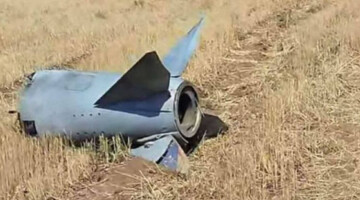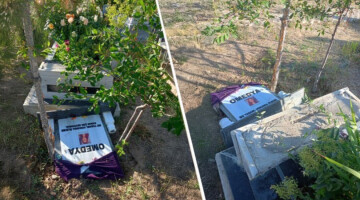One year after the devastating bush fires in the districts of Xana Axpar (tr. Çınar) and Şemrex (Mazıdağı), in which 15 people, including women and children, lost their lives, 78 others were injured, and hundreds of thousands of living creatures were burned to death over an area of more than 5,000 hectares, the residents of the village of Tobînî (Köksalan), where the fire broke out, continue to feel abandoned. Electricity and water supplies remain limited, with farmers being the hardest hit. The responsible electricity company, DEDAŞ, is facing heavy criticism.
According to independent experts, the cause of the major fire, which affected a total of ten villages, was a short circuit in an outdated power line that had not been maintained for almost four decades. However, a report commissioned by DEDAŞ points to “atmospheric events”. Those affected accuse the company of trying to absolve itself of responsibility. Local residents are outraged by what they see as a lack of investigation and the resulting reprisals.
No new electricity pylons
Speaking to ANF, those affected described the extent of their ongoing plight. Memduh Eren, a farmer and resident of Tobînî, reported: "A whole year has passed, but the fields are still without electricity. Every year we grow over ten hectares of corn here, but this year we are not allowed to. DEDAŞ told us openly: ‘If you sow, you will not get electricity.’ And that is exactly what has happened."
In addition, numerous wells are out of service because DEDAŞ has used outstanding payments as a pretext for cutting off the water supply. “Millions in fines have been imposed on us for no reason whatsoever,” Eren continued. “Operating with tankers is not a permanent solution. It is expensive, inefficient, and simply unsuitable for large-scale agriculture.”
“First the fire, then the fines”
Osman Esen, another villager, said he lost around 100 sheep in the fire. He also believes that faulty power lines were to blame: “The wires on the old pylons banged together in the wind, and that's how the fire started. Within a very short time, everything was destroyed – our fields, our animals, our lives.”
After the disaster, the community reacted with solidarity, said Esen: “Other villages donated animals and food to us. Only DEDAŞ looked the other way.” What was particularly bitter was that even before the ash had cleared, the first fines were being sent out to those affected, he added.
Life without water, without electricity, without prospects
Since the disaster, the quality of life in the village has deteriorated dramatically, say the residents. They lack the basic necessities for a self-determined life: “We can't plant crops, we can't keep animals. How are we supposed to live if we're not allowed to produce anything?” asked Eren.
The residents are now demanding a political solution. They want electricity and water supplies to be restored, compensation for economic losses, and a review of the punitive measures. “Electricity is a basic right—especially in a village that has already suffered deaths,” reads a joint appeal from the community to the authorities.

